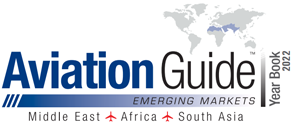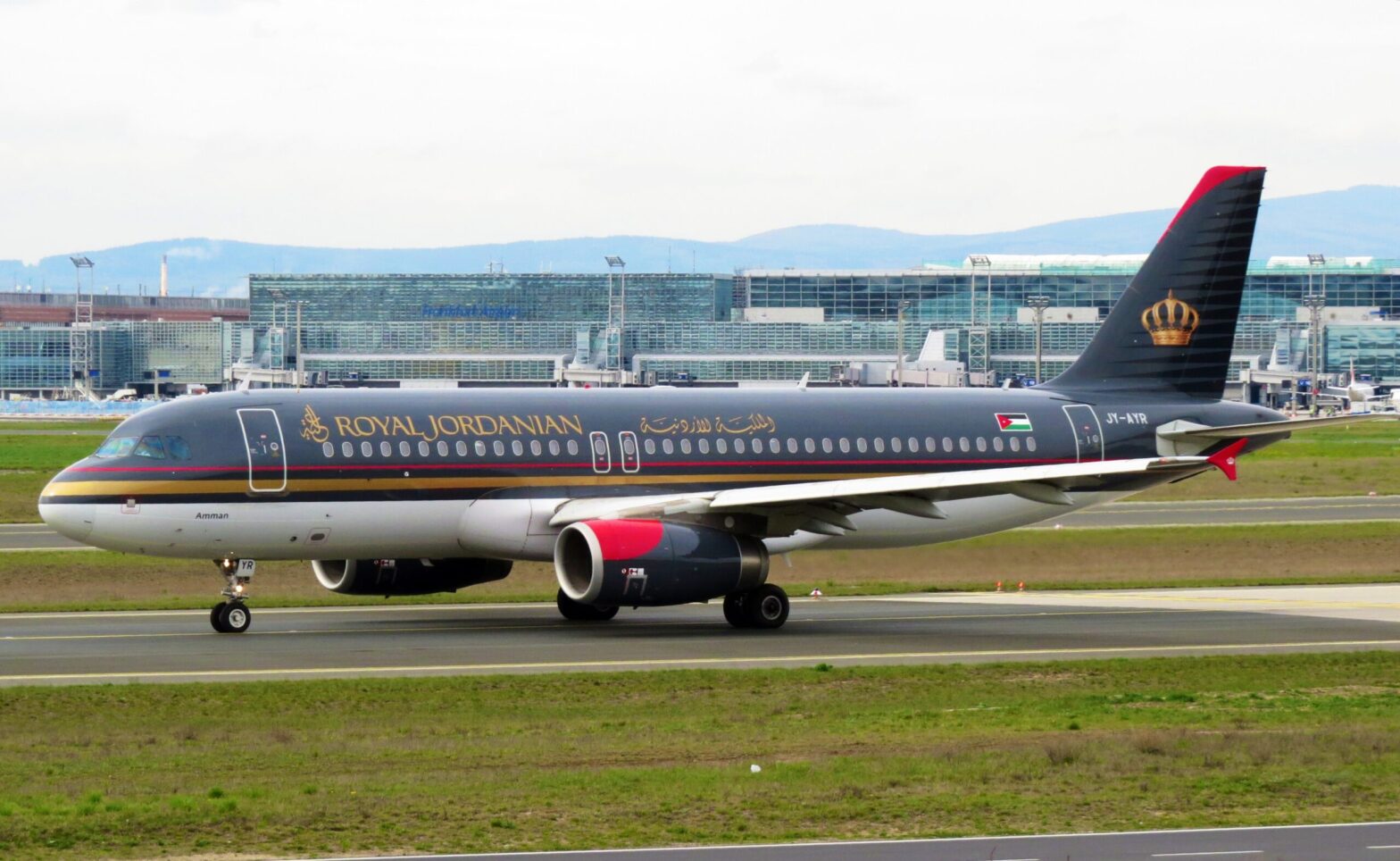Royal Jordanian has reached agreement with Airbus to introduce 20 new factory built Airbus A320neo family aircraft to its fleet, replacing its current 13 A320ceo aircraft family fleet in service.
This is in line with the airline’s strategic plan to modernize its narrow-body fleet of aircraft that would serve its core destinations in the Middle East, Africa and Europe. He added that this is part of the airline plan is to increase the total fleet size from today’s 24 to over 40 aircraft in the coming three-five years.
RJ Vice Chairman/CEO Samer Majali said that the company’s five-year growth strategy (2023-2028), further boosts its positioning as the preferred air carrier in the Levant, promoting Amman as the leading gateway in the region and Jordan as a remarkable tourism destination. The plan is flexible in allowing the continuous restructuring of the airline’s route network, enhancing its connectivity and improving the quality of the service offerings at all touch points, in a concerted effort to make passengers’ experience even more comfortable and convenient.
Majali said that the airline conducted thorough and comprehensive feasibility studies to decide on the best choice of aircraft that will replace the currently operating A320ceo family fleet.
The A320neo family features the very latest fuel and environmentally efficient engines, large sharklets and the innovative Airspace Cabin for enhance passenger comfort. All since all A320 family aircraft share the same fly-by-wire digital flight controls, cabin management systems, maintenance systems and parts, this commonality helps reduce the cost of pilot and technicians training and scheduling, lowering the introductory investment expenditure as well as the operational and maintenance costs in service, particularly since RJ has been operating the A320 family for the past 35 years. Additionally, an advantage that influenced the selection process is the broad technical and logistical support in the region and at all airports where the airline operates this type of aircraft. The aircraft will be equipped with the latest ergonomically designed seats, wireless communication, and internet as well as in-seat Inflight entertainment through-out the cabin and some of the aircraft on longer range routes will have lie flat business class seats.
Majali indicated that negotiations with Boeing are currently taking place, to increase the number of the current B787s in the fleet from 7 to 11 aircraft in the coming several years. The airline is currently evaluating new B787-9 and -10 aircraft as the potential growth aircraft in addition to the replacement of the current fleet in due course.










